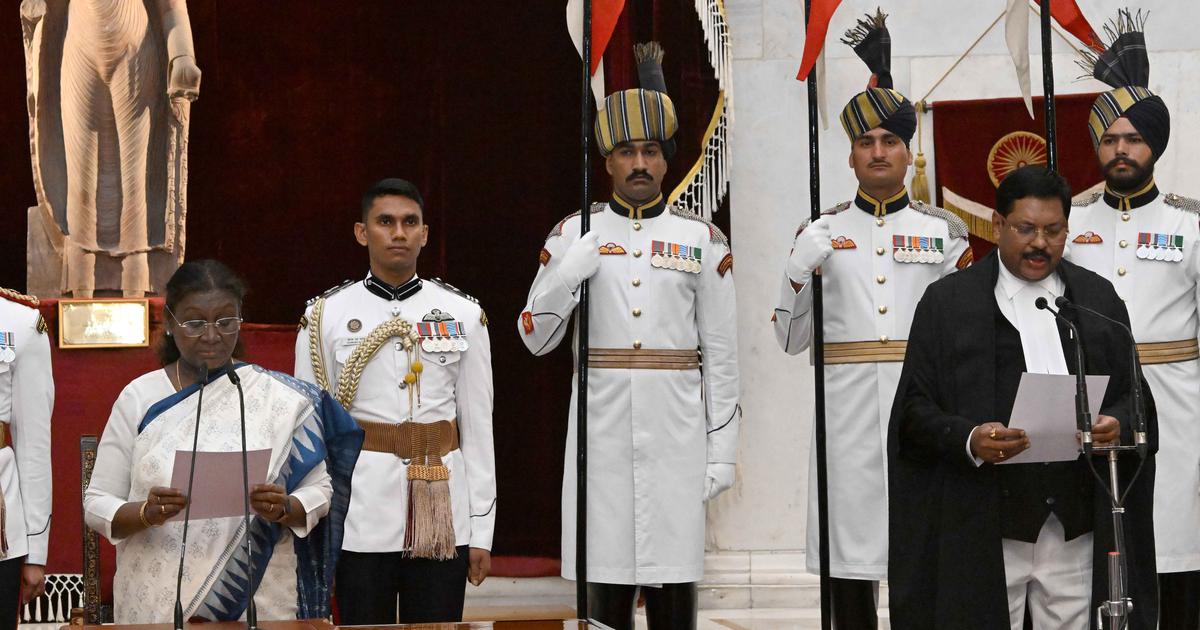Attack on CJI Gavai: How casteist assertion throws a shoe at fragile constitutional ideals

Advocate Rakesh Kishore’s gesture of hurling a shoe at Chief Justice of India BR Gavai inside the Supreme Court on Monday exposes deeper anxieties about authority, belief and hierarchy in contemporary India, revealing how fragile respect for constitutional institutions becomes when social hierarchies are challenged.
The attack seemed to have been a response to Gavai’s remarks, about a damaged idol of Vishnu in Madhya Pradesh, which some claimed were disrespectful.
Gavai is only the second Dalit and first Buddhist to hold the post of the chief justice of India. His journey, from a Scheduled Caste background in Maharashtra to the pinnacle of the judiciary, symbolised the promise of BR Ambedkar’s Constitution: that birth should not determine destiny.
Gavai’s elevation followed the collegium process of being endorsed by senior colleagues, reflecting individual merit and the aspiration for a judiciary that mirrors India’s diversity.
The attack on the chief justice of India, a constitutional figure representing the rule of law, underscores how deeply caste continues to shape our social and political imagination.
Limits of affirmative action
Affirmative action in India, through reservations in education, employment, and politics, was a corrective measure intended to dismantle entrenched exclusion and open spaces of power to historically oppressed communities. These policies have transformed India’s institutions, producing leaders, scholars, judges and...
Read more
News